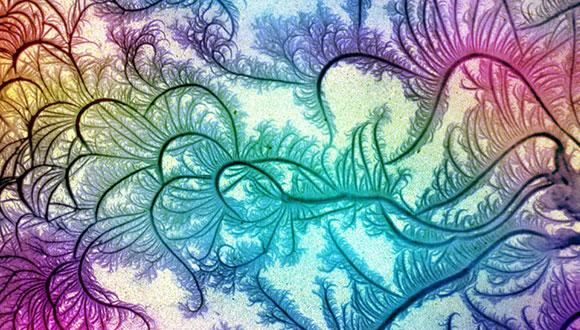סמינר בחומר מעובה: Thermodynamics of small quantum systems and small environments
Raam Uzdin, The Hebrew University
Abstract:
With the rapid development of quantum technologies and the ability to manipulate individual atoms and ions, thermodynamics faces new challenges. Not only its validity is in questions, but also its ability to provide useful predictions. The main thread that links classical thermodynamics and the thermodynamics of small quantum systems, is the celebrated Clausius inequality form of the second law. However, its application to small quantum systems suffers from two cardinal problems: (i) The Clausius inequality does not hold when the system and environment are initially correlated - a commonly encountered scenario in microscopic setups. (ii) In some other cases, the Clausius inequality holds, but does not provide any useful information (e.g. in dephasing scenarios). We address these deficiencies by developing the notion of global passivity and employing it as a tool for deriving thermodynamic bounds. Crucially, on top of the Clausius inequality, the present framework provides additional thermodynamics bounds that accompany the second law. To illustrate the role of the additional bounds we use them to detect unaccounted heat leaks, and weak feedback operations (“Maxwell's demons”) that the Clausius inequality cannot detect. In addition, global passivity sets practical upper and lower bounds on the buildup of system-environment correlation for dephasing environments. Our findings are relevant for experiments in various systems such as ion traps, superconducting circuits, atoms in an optical cavity and more.
מארגן הסמינר: פרופ' אלכסנדר גרבר


